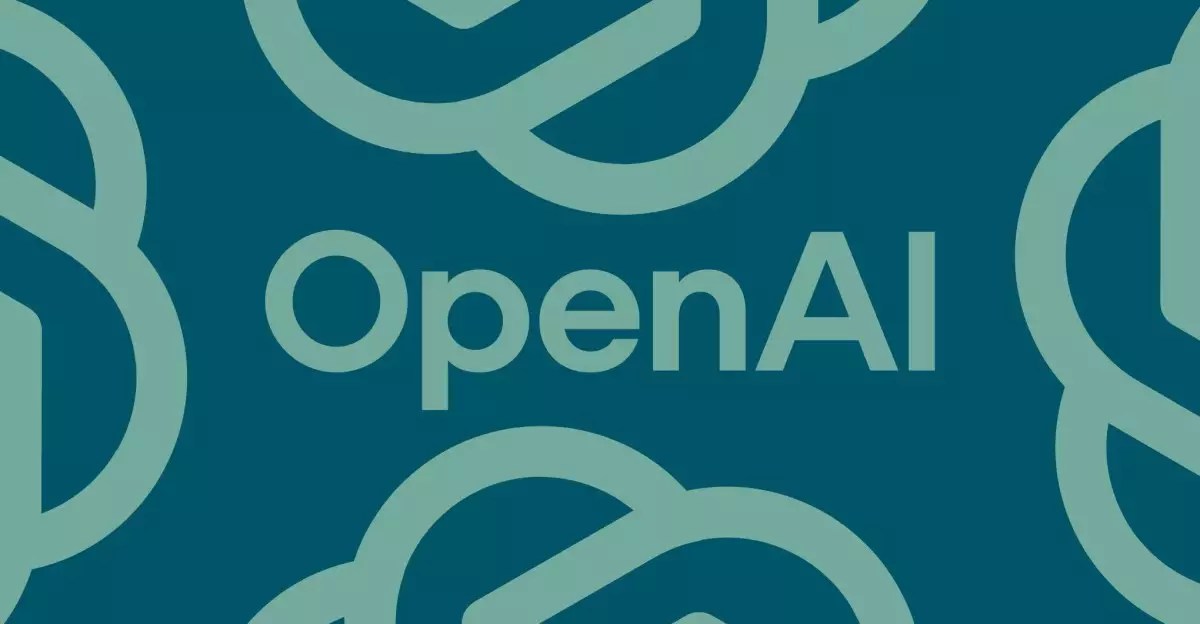In the ever-evolving landscape of artificial intelligence, few narratives are as jaw-dropping as the ongoing legal tussle between Elon Musk and OpenAI. As a figure who straddles both the worlds of innovation and controversy, Musk has transformed from an ardent supporter and co-founder of OpenAI to a vocal critic, casting a shadow over the organization he once helped create. The recent countersuit from OpenAI, accusing Musk of employing “bad-faith tactics” to undermine their progress, has thrown this battle into the spotlight, raising crucial questions about the future direction of AI technology.
OpenAI contends that Musk’s maneuvers—described as deliberate attempts to disrupt their operations—are not mere corporate rivalry but an overarching threat to the innovative spirit of the AI community. They argue that Musk’s legal actions, which include refuted claims of future takeover bids, aren’t just tactics; they represent a strategic effort to control AI advancements for personal gain. This perspective presents Musk as not only a disruptor but also as someone who may be willing to jeopardize the collective mission of beneficial AI development for his own advantage.
The Role of Ethics in AI Development
Ethics in AI is not just an abstract concept; it’s a vital part of the conversation that underscores the importance of responsible innovation. Musk’s original vision for OpenAI included a commitment to creating artificial general intelligence (AGI) that serves humanity universally. However, the shift in rhetoric and focus since his departure raises ethical questions about the commercialization of AI. Critics have pointed out that Musk’s approach now seems more aligned with profit than advocacy for the common good, a radical departure from OpenAI’s foundational principles.
Musk’s insistence on steering OpenAI back towards its altruistic mission highlights a clash between idealism and capitalism in the tech industry. The battle becomes particularly poignant when you consider that those who wield power and resources may steer the development of AI not necessarily for societal benefit but for strategic advantage. This highlights a fundamental dilemma: how can we ensure that AI technologies serve humanity broadly when individual interests can so easily overshadow collective ethical responsibilities?
The Media’s Role in Shaping Perceptions
As the saga unfolds, the response from the media has been both revealing and critical. Coverage has often highlighted the sensational aspects of Musk’s antics, sidelining deeper discussions about the implications for AI policy and governance. The portrayal of Musk as a villain feeds into a narrative that simplifies a complex situation. The involvement of influential media figures, with their interpretations of Musk’s legal strategies as “hilariously bad,” indicates a perception that may trivialize profound ethical dilemmas.
For those closely observing the AI landscape, the conflict serves as a microcosm of larger tensions in the tech industry—between innovators and regulators, between profit-driven ventures and ethical considerations. To portray Musk merely as an antagonist is to overlook the broader dimensions of the conversation surrounding AI development today. This legal battle may very well dictate the trajectory of AI policy, setting precedents for how technologies are developed, deployed, and regulated.
In this intricate dance between ambition and principle, it is clear that the outcome will resonate far beyond the courtroom, impacting not just the parties involved but the very fabric of AI innovation itself. The stakes are nothing short of monumental, and the implications of this case will linger long into the future of technology.


Leave a Reply